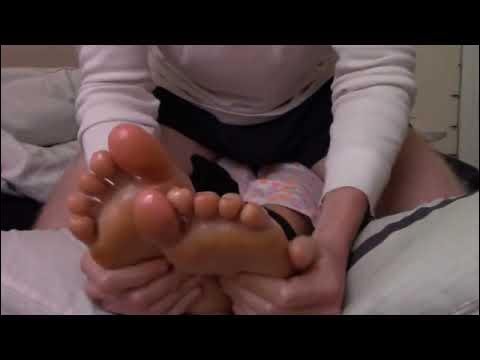Is there a way not to be ticklish?
I am wondering. Is there a way not to be ticklish?
Now, I am here to answer. Is there a way not to be ticklish? Rest your hand on the hand of your tickler. You're less likely to feel ticklish if your brain can predict the movement before it happens. By putting your hand on the ticklers, their tickling motions will be more predictable to your brain, and you won't feel as ticklish when they touch you. To block a tickle, simply place your hands on top of the tickler's hands. Squeak! tickling can have its uses. When your brain has to process multiple sensations at once, it may not have the bandwidth to focus on the tickling feeling and the other sensations. Gently pinch, rub, or tap your fingers somewhere else to distract your brain.
Some people believe that they can desensitize themselves to tickling through repetition. They can get people to tickle them for practice. However, scientific research has not uncovered a specific strategy that will help people become less ticklish. If your feet become less ticklish immediately or over time, there may be an underlying, medical cause, such as peripheral neuropathy. This is a degenerative nerve disease that damages the nerve endings in feet. Peripheral neuropathy can be caused by: pressure on the nerves. Emily Grossman of The Royal Institution, there's a technique you can use to reduce the tickle response. When someone attempts to tickle you, put your hand on their hand. Grossman suggests that this action will help your brain better predict the sensation of being tickled, and help you suppress your tickle response.
We all process sensory information in different ways,” says Lear. “If someone isn't ticklish or actively dislikes tickling even when calm, that doesn't mean something is wrong with them—it's just a personal preference. While the palm is far more sensitive to touch, most people find that the soles of their feet are the most ticklish. Other commonly ticklish areas include the belly, sides of the torso, underarms, ribs, midriff, neck, back of the knee, thighs, buttocks, nose, feet, and perineum. During adolescence, tickling takes on a flirtatious tone, and after middle age, it dramatically declines. Perhaps due to decreased opportunities or shunted sensorial responses that come with aging, the pleasurable agony of a tickle remains the stuff of childhood, at the root of our emotional being. Now, I hope this has answered your question. Is there a way not to be ticklish? Have a nice day! https://tickleinva.freeforums.net/thread/88/ticklish
